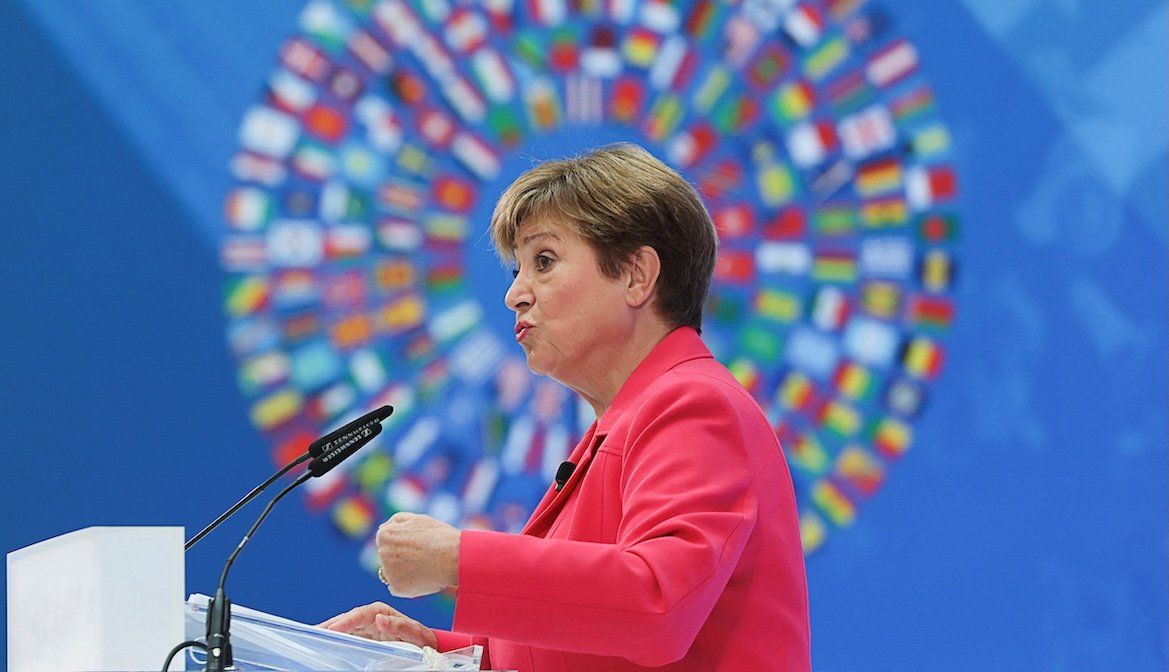The World Bank and International Monetary Fund’s Spring Meetings are kicking off in Washington, DC, this week, against a backdrop of global disruption and uncertainty. Artificial intelligence is threatening to transform the job market, the
global economy is being increasingly threatened by US-led trade tensions, and international institutions are hoping to be spared from the impact of
Donald Trump’s proposed cuts and foreign policy shifts.
What’s at stake? The effects of tariffs are high on the agenda. In her opening remarks on Friday, IMF Managing Director Kristalina Georgieva made clear the economic risks posed by escalating trade tensions and inconsistent US tariff policies. She emphasized that smaller economies are particularly vulnerable to external trade shocks. The core of her message: The years of countries relying on US consumer demand to drive their growth may be coming to an end, and the global economy needs to adapt.
Meanwhile, the fate of both institutions is also being whispered about, thanks to Project 2025, a conservative policy blueprint developed by the Heritage Foundation that calls for ending US funding for the IMF and the World Bank. However, neither the president nor Treasury Secretary Scott Bessent — who is set to discuss the administration’s stance on these institutions on Wednesday — has shown any intention of implementing this proposal.
Why might they be spared? Both institutions offer financial support to struggling countries, but unlike the recently defunded USAID, they are not charities. Instead, they provide loans, which may shield them from any US spending cuts.
What to expect: As the institutions await direction from their primary donor, this week’s meetings are expected to focus on artificial intelligence — exploring how it can drive prosperity instead of destroying jobs — along with the global economic outlook amid growing instability.
We will be on the ground covering all of the action. Look for dispatches in GZERO Daily and on our
Youtube,
LinkedIn, and
Instagram channels for the latest.
